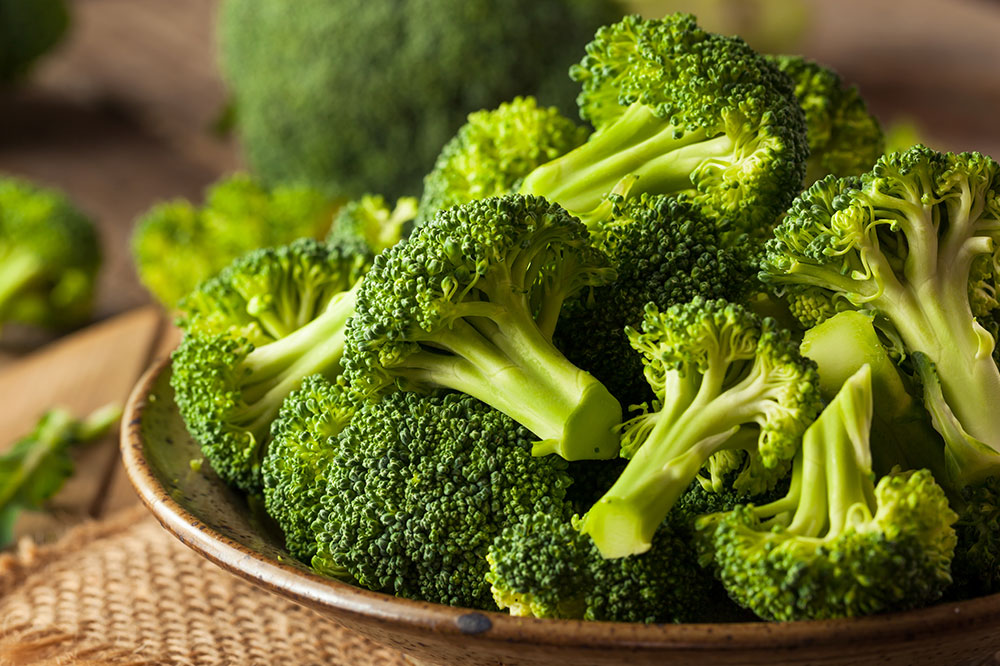Balanitis – Prevention and Management
Balanitis is a common condition in those who have not had a circumcision. It may result in symptoms such as pain and inflammation on the head of the penis. Various treatments could help cure balanitis and manage its symptoms. However, one needs to speak to a healthcare expert to diagnose the type of infection immediately. If balanitis is detected following an assessment, the expert can recommend the best route for treating the condition.

Treatment
There is no single “best way” to manage balanitis. A healthcare expert may recommend treatment options based on the extent of the infection. A few common treatment options include the following:
- Antifungal creams
Antifungal creams are usually recommended to treat yeast infections that cause balanitis. They might need to be applied to the head of the penis and foreskin as prescribed by the healthcare professional. - Treatment method to manage bacterial infection
Sometimes an individual may suffer from symptoms due to a sexually transmitted infection. In such cases, the expert may suggest using certain treatment options to manage bacterial infections. - Circumcision
If an individual who suffers from balanitis does not see improvements following the above treatment methods, they may need to undergo a surgical procedure such as circumcision. The method involves the removal of the foreskin that covers the penis. Balanitis is also indicated for people with tight skin. If an individual does not want a circumcision, the expert may recommend a dorsal slit. While the procedure does not remove the foreskin, it creates a gap in the tight ring, which allows them to see the penis head.
Several individuals want to know what the fastest way to cure balanitis is. Therefore, it is essential to address this question. While there isn’t a shortcut to curing the condition, one must speak with their healthcare provider. After a quick diagnosis, the provider can recommend the most feasible treatment option based on the extent of the infection. Another way to manage balanitis is by taking nonsteroidal anti-inflammatory treatment options from a nearby dispensary. However, this may only work for some and may result in side effects. Therefore, discussing this treatment method with a healthcare provider before applying it is essential.
Natural remedies
While options suggested by healthcare experts should be an individual’s primary treatment choice, there are natural remedies that one could try at home to soothe and manage the symptoms of balanitis. The individual should also run these options by an expert before trying them.
- Yogurt
Yogurt is a natural probiotic, so adding it to meals can promote healthy bacterial growth that could prevent balanitis. Moreover, applying plain yogurt to the affected region is also known to soothe inflammation caused by yeast infections. One could easily follow this remedy by pulling the foreskin back and applying yogurt to the affected region. - Salt
Salt is also a natural remedy that could help fight infections such as balanitis. One should add a few spoonfuls of salt to their bath water. The ingredient in diluted form could help reduce swelling in the area. However, one should avoid rubbing salt directly on the infected surface, as it could worsen the development. - Coconut oil
Another natural remedy for balanitis is coconut oil. The oil contains a good concentration of antifungal and antibacterial ingredients, including capric and lauric acid. For quick relief from the symptoms of balanitis, one must apply the oil to the infected area about three to four times daily. One could also ingest about two to three teaspoons of coconut oil regularly to benefit from its ability to tackle infection-causing bacteria. - Tea tree oil
Tea tree oil is one of the most effective natural remedies against infections and skin abrasions, including balanitis. One should add a few drops of tea tree oil to water and use the mixture to clean the infected region of the penis each day. Since tea tree oil has potent anti-fungal properties, applying a few drops to the infected area may help curb its symptoms. The natural remedy may speed up recovery when combined with a treatment plan.
Prevention tips
Prevention is critical to avoiding chronic infections. Therefore, there are certain steps one should take to avoid the development of balanitis. The individual must do the following:
- Keep the glans clean and dry.
- Use a condom or other barrier methods when engaging in sexual activity, and get tested for STIs regularly.
- Wash the penis immediately after sexual intercourse if the condition is known to flare up.
- Thoroughly wash one’s hands before touching the penis.
- Pull back the foreskin when urinating. One must also wipe off and dry any urine from the penis.
- Bathe regularly with unscented soap. One should also clean under the foreskin and dry thoroughly by gently patting the skin dry. Furthermore, the individual should avoid rubbing the skin to prevent a flare-up.
- Avoid using chemicals around the genitals, such as soaps, shower gels, lotions containing dyes, perfumes, and detergents. An individual must also avoid spermicides if they have reactions to them.




